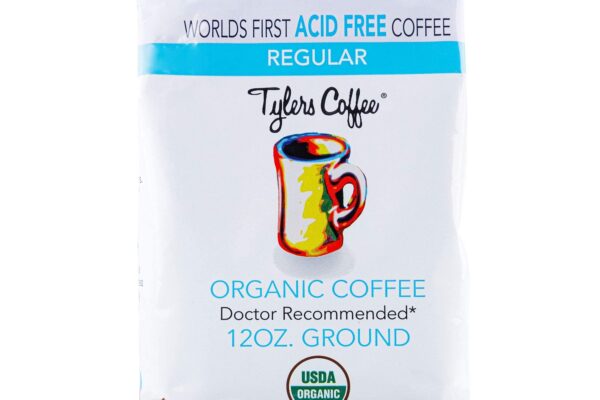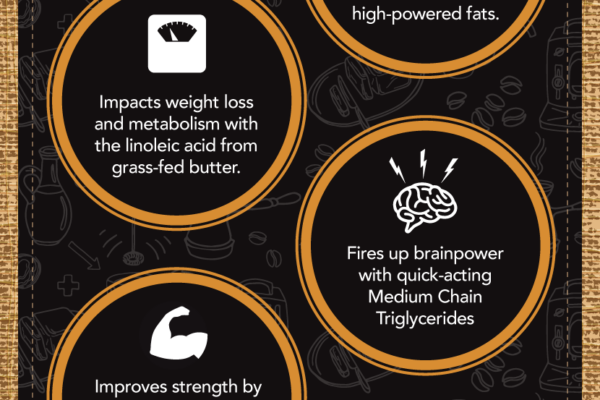Blog
How Many Cups of Coffee is Healthy in a Day?
Are You Wondering How Many Cups of Coffee Is Healthy in a Day? Research indicates that three or four cups per day is sufficient. Studies also showed that people who consumed this amount had lower risks of cardiovascular disease compared to those who didn’t drink any coffee at all, plus studies suggest it can lower diabetes, melanoma risk and protect liver cancer as well as Parkinson’s Disease risk.
Coffee’s key component, caffeine, is an energetic stimulant that blocks neurotransmitters that contribute to feelings of fatigue and sleepiness. Caffeine can also be found in tea, cocoa and certain medications; however, coffee remains most popular as an energy boost source for most. When consumed responsibly and moderately, caffeine can improve memory retention, energy levels and focus sharpen. Furthermore, its use has also been found to lower depression risk and decrease gallstones formation rates as well as Parkinson’s disease risks.
But overindulging can result in insomnia, anxiety or stomach problems; therefore it is essential that you know your limits and only consume what is recommended. Excessive coffee intake may cause heart palpitations which is especially hazardous if you already suffer from cardiovascular disease, coronary artery disease or have had previous strokes.
How much coffee is healthy is dependent upon a number of factors, including your genetics, lifestyle and dietary habits. Therefore, before making your decision on how much coffee to drink each day it is advisable to consult a healthcare provider.
Recent research indicated that people who consume two or three cups of coffee each day were less likely to develop cardiovascular diseases, including coronary heart disease and congestive heart failure. This was true regardless of whether they consumed ground, instant or decaf coffee as well as whether or not they already had previous history with such issues when starting the study.
This was a comprehensive study which assessed people’s coffee drinking habits over an extended period, in comparison with their diet, weight, cholesterol level and smoking status. Researchers found that those who consumed two to three cups of regular or decaf coffee daily had a 20% lower risk of cardiovascular disease compared with those who didn’t consume any at all.
This research was supported by numerous studies conducted across different countries. Furthermore, it was compared to other health-related habits like eating fast food that can be high in calories, fat, and sodium content – eating fast food increases your risk for heart disease and diabetes, therefore making healthier choices is essential to protecting yourself against its adverse consequences. Pack your lunch the night before to save time when eating out; set a fixed mealtime and choose whole grains over refined foods when making food selection decisions.








